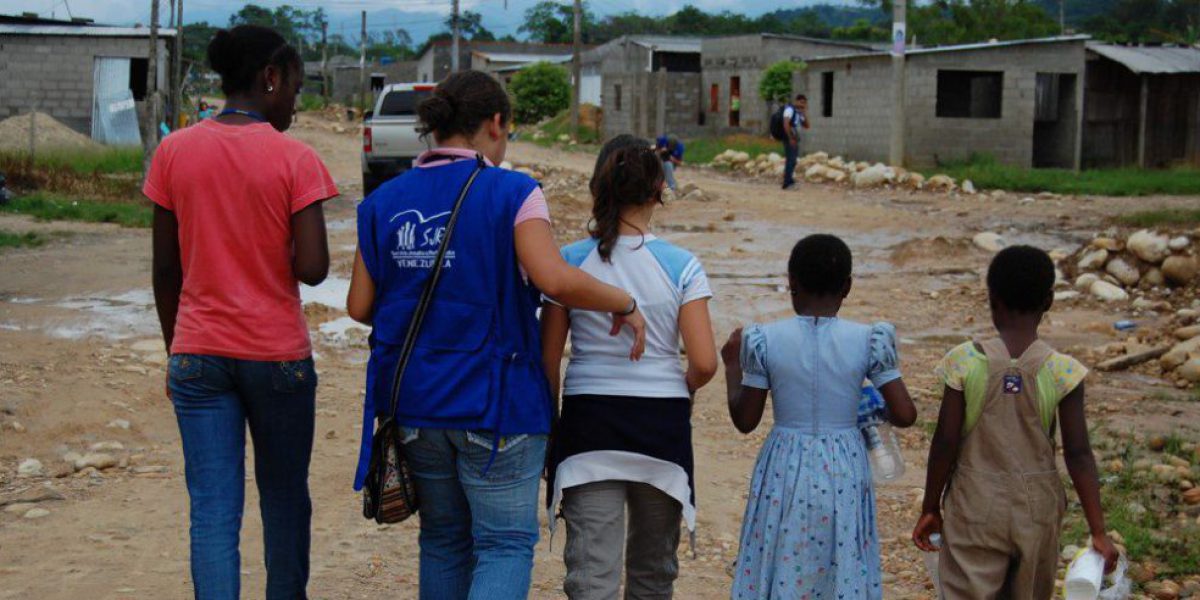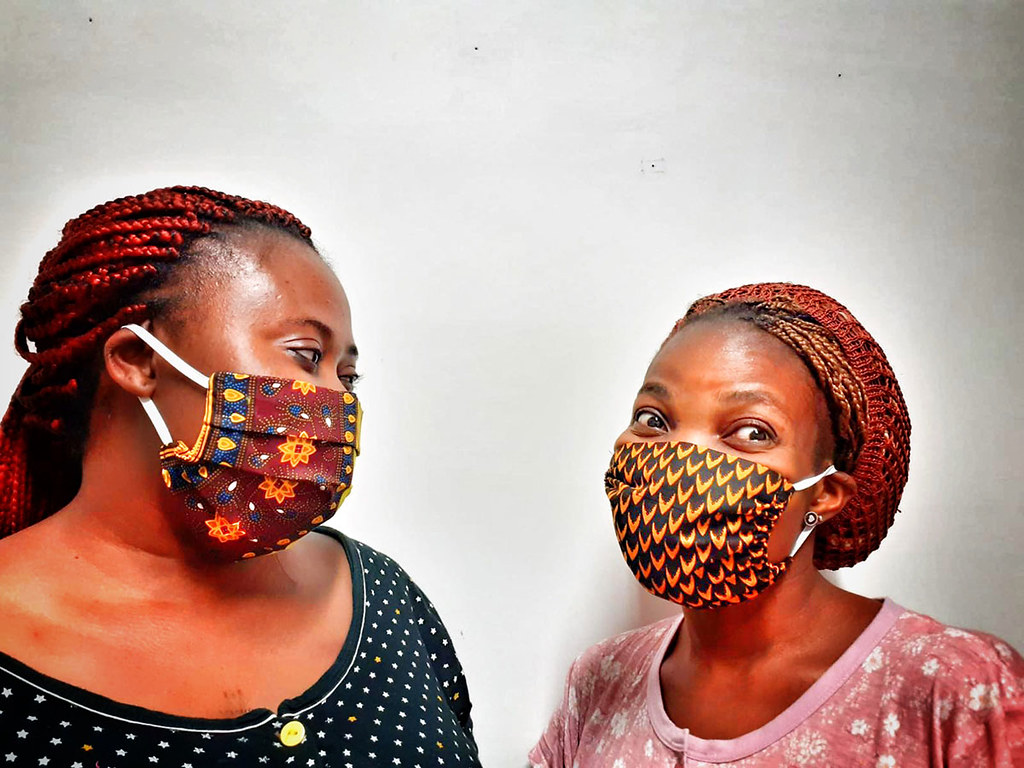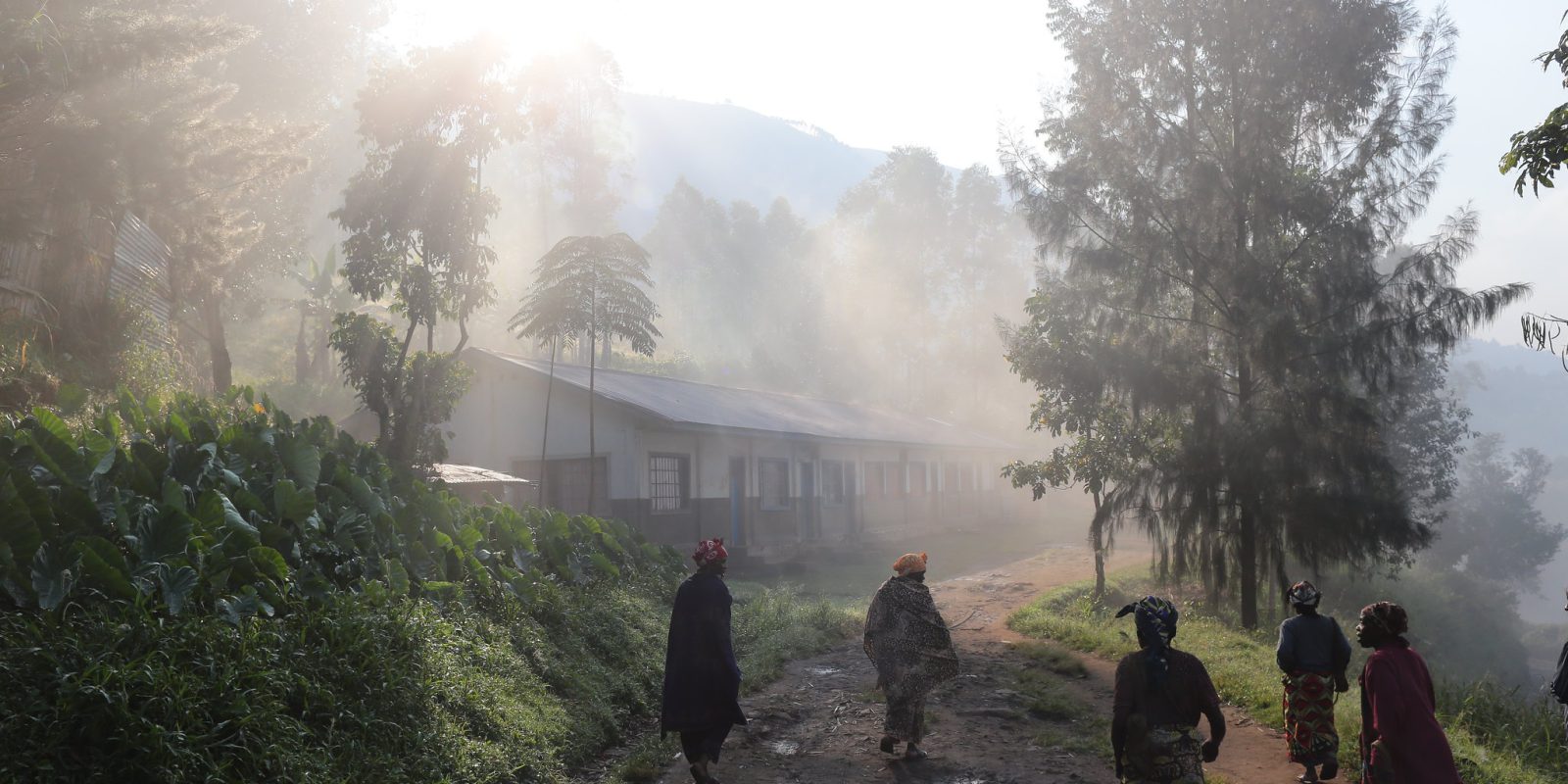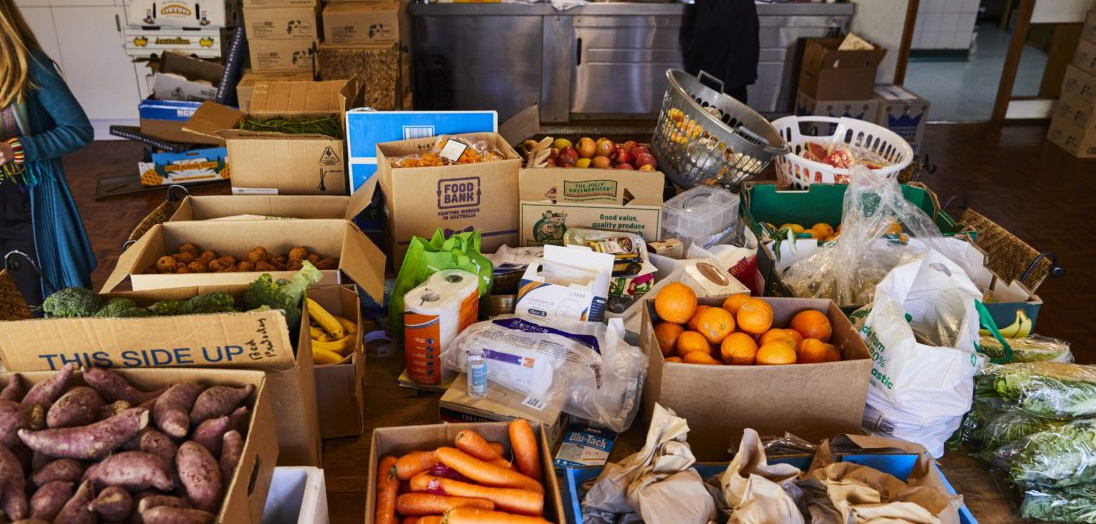New Policy Brief: Seeking Protection in a Pandemic: COVID-19 and the Future of Asylum
16 April 2021

Jesuit Refugee Service USA (JRS/USA) and Georgetown University’s Institute for the Study of International Migration (ISIM) have released a new policy brief considering the challenges of accessing asylum in the context of the COVID-19 pandemic.
The brief, entitled, ‘Seeking Protection in a Pandemic: COVID-19 and the Future of Asylum,’ finds that restrictions put into place to protect public health during the pandemic will have long-lasting impacts on US and global asylum policies and that these restrictions amplified existing inequalities between displaced and host populations.
The brief provides snapshots of policies and their impacts from regions and countries around the world, including Australia. In a section pertaining to Australia, we noted:
- a long legacy of policies designed to restrict access to asylum onshore.
- the impacts of border closures on the ability of prospective asylum seekers to access Australian territory.
- the impacts of lockdowns and mobility restrictions on the nature and quality of refugee status determination (RSD)
- the impacts of poverty and homelessness during the pandemic on peoples’ ability to meaningfully engage with RSD.
In response to the initial outbreak of COVID-19 in early 2020, 167 countries closed their borders, including to asylum seekers, and as of March 2021, there are still 57 countries where access to territory is denied with no exceptions for asylum seekers.
The policy brief includes a series of recommendations asking policy makers to:
- Re-instate access to asylum, including at the US border, putting in place measures that manage risks to public health, but that do not deny persons seeking protection.
- Increase investments in asylum systems to boost operational capacity and ensure that backlogs exacerbated by the pandemic are addressed.
- Cease the detention of children and provide safe and hygienic spaces for minors which have demonstrated past success.
- Provide safe and legal pathways for protection to those who are eligible including resettlement, family reunification policies, and humanitarian visas.
You can read the full policy brief here.



